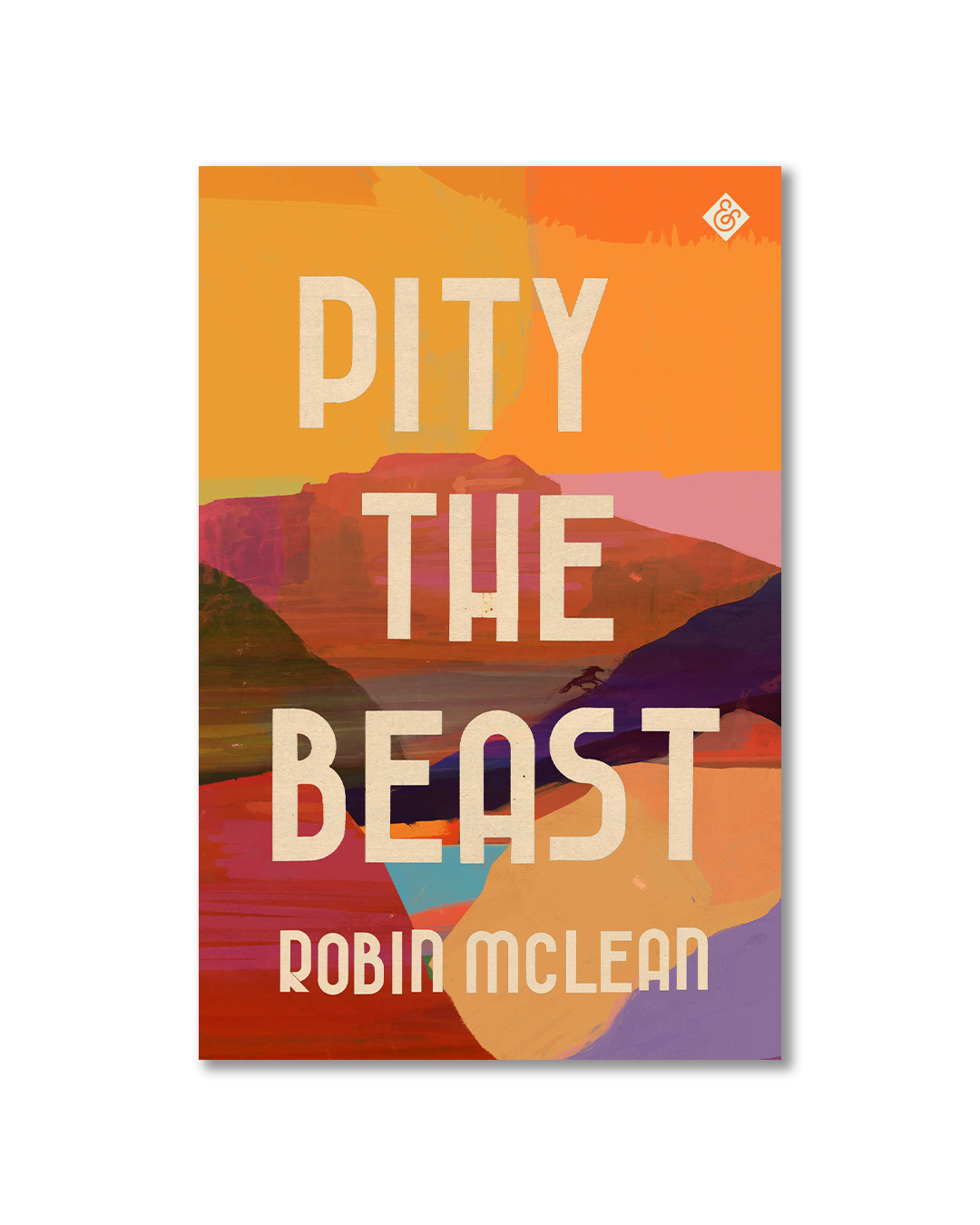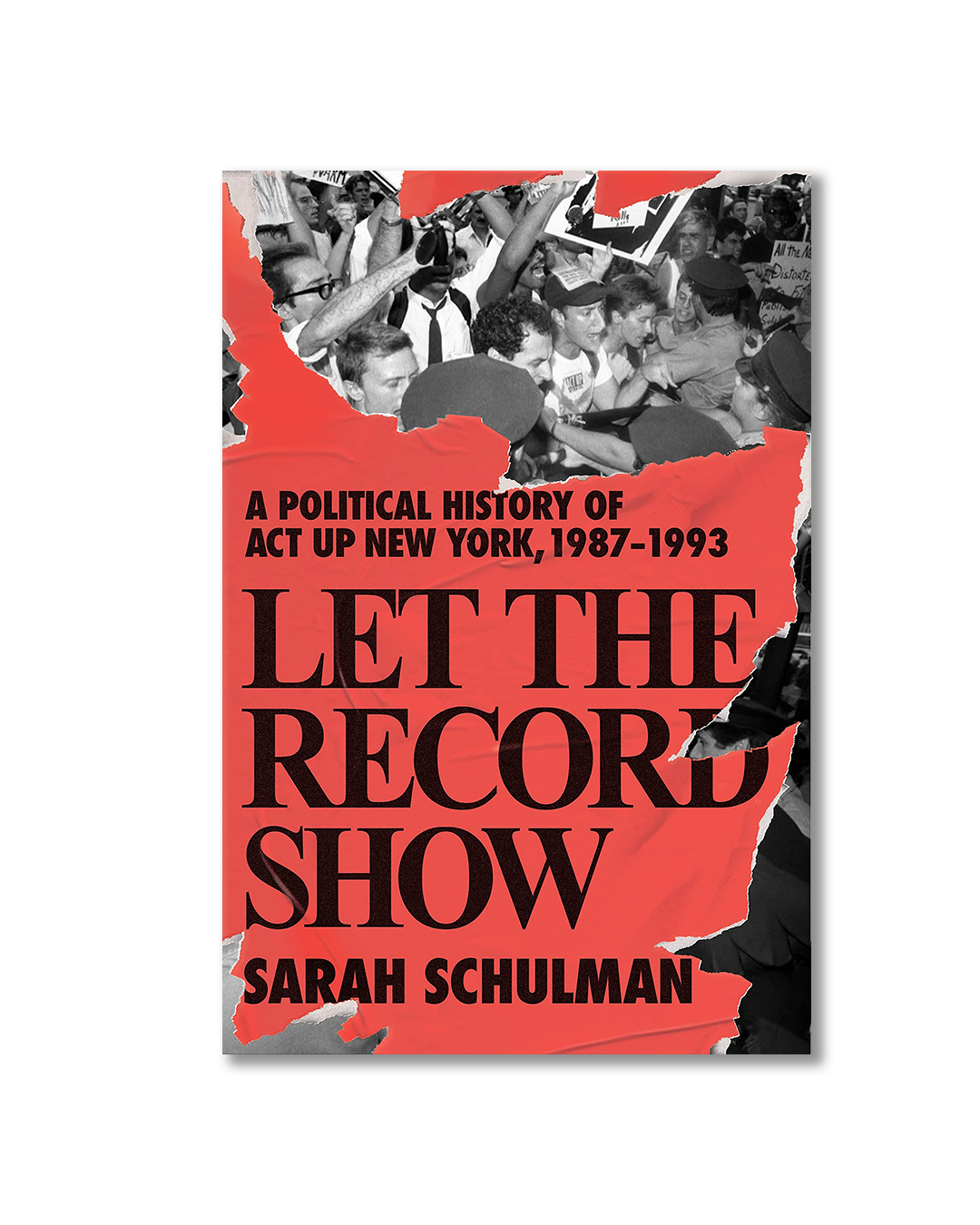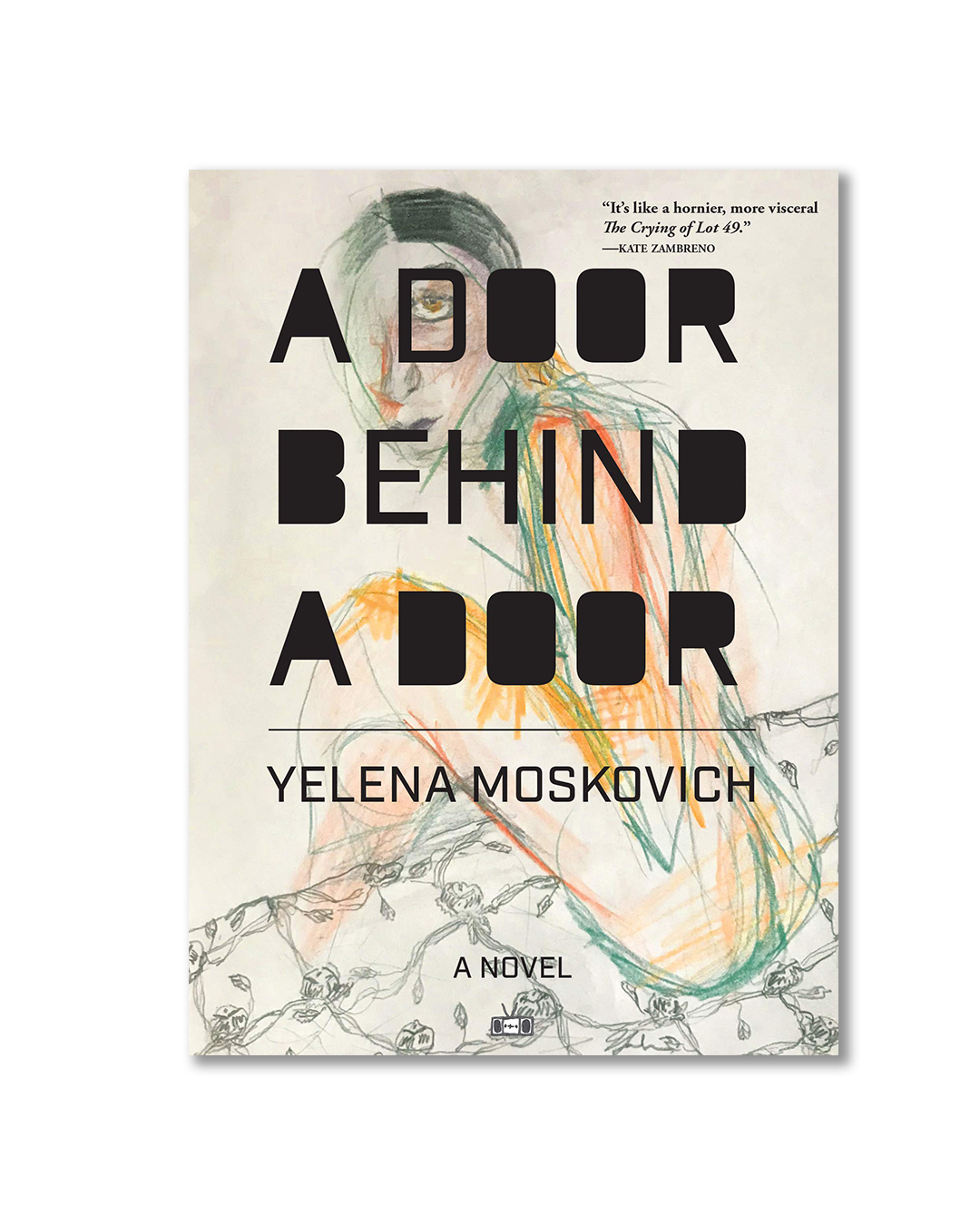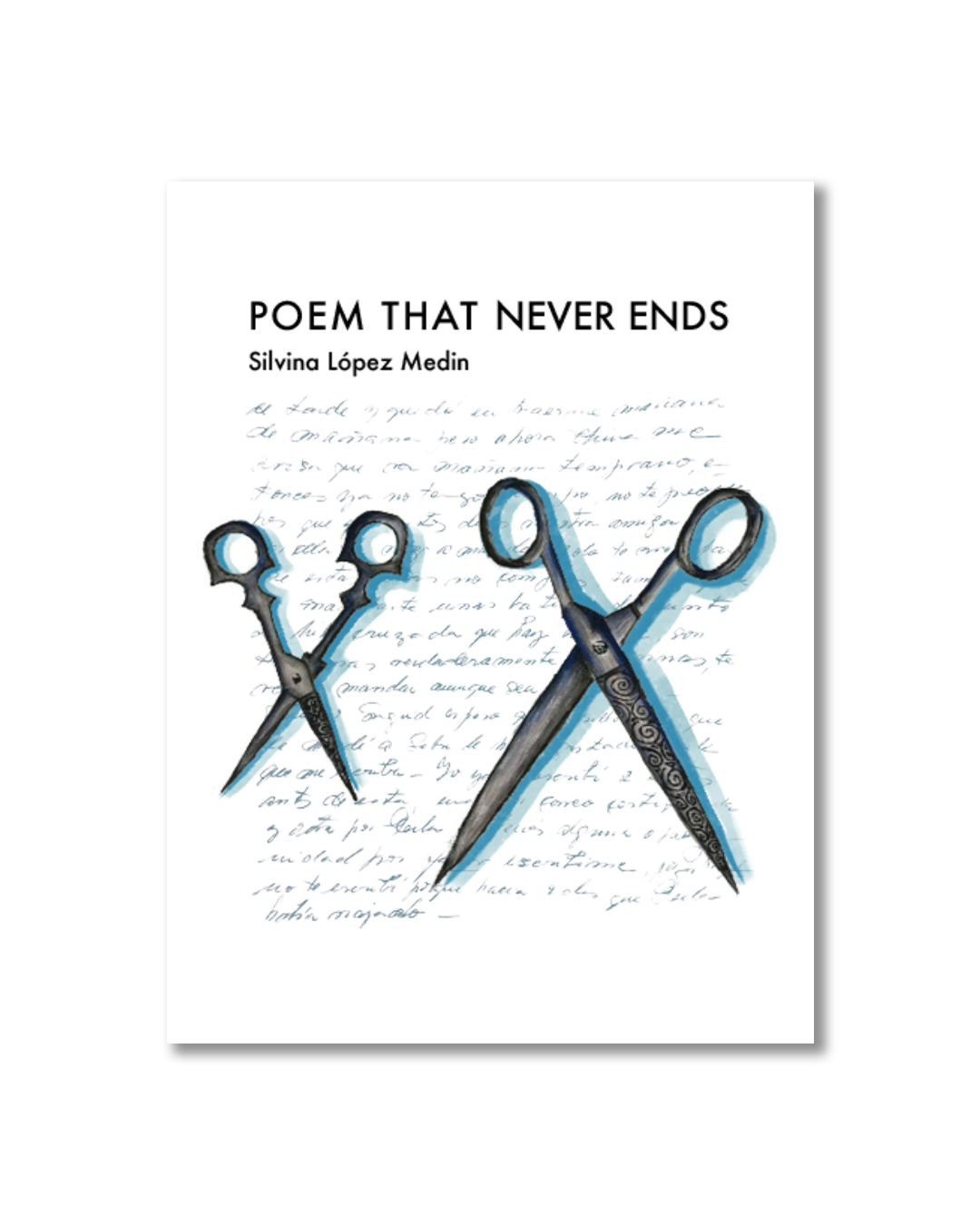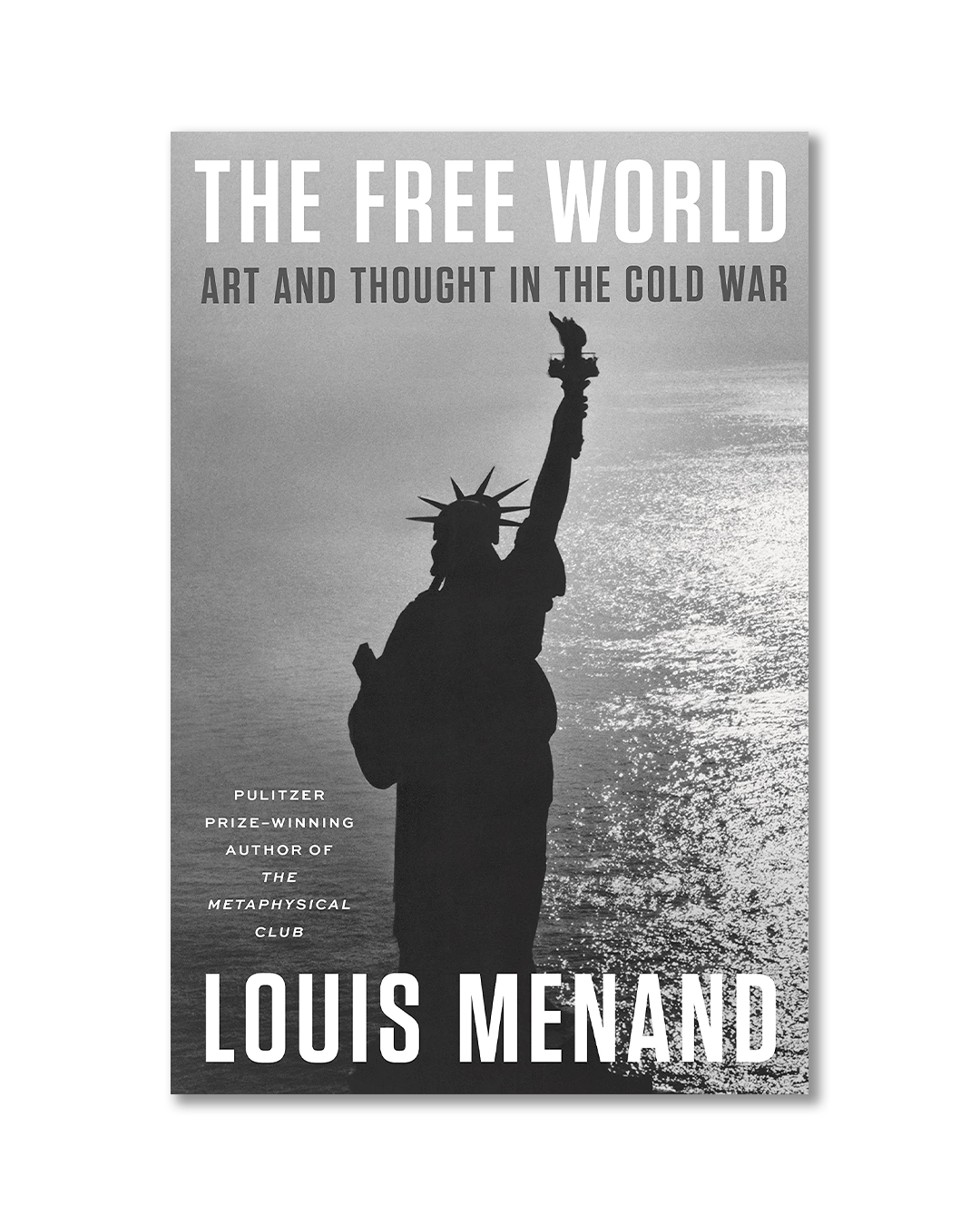When Roe Falls: On the Warnings of Leni Zumas' "Red Clocks"
On Thursday, September 2, 2021, the day after the Supreme Court decides to uphold Texas’s near-total abortion ban, an email with the subject line “Just Checking-in with You All” lands in my inbox.
Communal Forms of Resistance: On Jennifer Ponce de León's "Another Aesthetics is Possible"
For anyone convinced that capitalism has eroded all valid forms of mental or perceptual resistance available in art, Jennifer Ponce de León’s Another Aesthetics is Possible will serve as testimony that this conclusion is not only premature but fundamentally wrong.
Writing in White Ink: On Emily Ratajkowski's "My Body"
I remember my first exposure to Emily Ratajkowski.
"The Ingenuity of Living": On Seeing and Being Seen in the Queer, Crip, Rural, Midwest
I spent the early years of my life in a rural part of northern Ohio with my underemployed mom, a severely disabled father, and a closeted gay racecar driver friend of my mom’s.
Longing to Be Seen: On Kyle Lucia Wu's "Win Me Something"
On one hand, Kyle Lucia Wu’s debut novel Win Me Something captures the particular season of life in which everyone else seems to have it together.
The Other Side of Good: On Robin McLean's "Pity the Beast"
To feel pity, Aristotle writes in the Rhetoric, one must believe in the goodness of at least some people. Robin McLean’s debut novel, Pity the Beast, looks at what its heroine calls “the other side of good.”
The Absolute Necessity of Direct Action: On Sarah Schulman's "Let the Record Show"
As politicians across the country willfully let people succumb to a deadly virus and do their best to rig the political system, this might be a good time to think about the nature of direct political action.
Seeing it Everywhere: On Devon Walker-Figueroa's "Philomath"
“Sometimes it seems / the future has a habit of repeating itself” writes Devon Walker-Figueroa in her debut, Philomath, a poetry collection with two separate arms: a woman’s childhood and coming of age amongst the masculine fugue required to survive a ghost town, and the struggle for continuance amid capitalism’s exploitations and abandonments.
Supernatural Specters, Normal Human Malice: On Edith Wharton's "Ghosts"
Edith Wharton was “twenty-seven or -eight” before she was able to sleep in a room that contained even a single ghost story.
To Be the Outsider: On Olive Moore's "Spleen"
The British writer Olive Moore is one of the great forgotten figures in literary history.
Torn Between Three Worlds: On Matt Bell's "Appleseed"
What does the world want, what is the world still capable of becoming?
The Message in the Machine: How to Read a Technical Mistake
Maybe you’ve heard about the algorithmic racial bias in digital imaging technology.
An Air Bubble Between Continents: On Yelena Moskovich's "A Door Behind A Door"
Olga Bokuchava left behind a traumatic childhood in the Soviet Union (along with the suspicious, rhythmic stabbing of a neighbor “once, twice, thrice”) and immigrated to Milwaukee with her family, from whom she then became mysteriously estranged.
Rubbing Love from Silences: On Silvina López Medin's "Poem That Never Ends"
Learning to sew, I discovered the choice of fabric determines what can be created from it; the textures and thread pattern of the materials determine the stitch.
The American Right to Riot: On Elizabeth Hinton's "America on Fire"
“Rioting is not protesting,” then-Democratic presidential candidate Joe Biden stated in August 2020.
The Gore of Emotion: On Whitney Collins' "Big Bad"
In her debut short story collection Big Bad, Whitney Collins showcases the emotion involved in making the most brutal of human decisions.
Mules Became Steam Became Code: On William Attaway's "Blood on the Forge"
“Day-O,” recorded by Harry Belafonte in 1956, is one of those songs that sounds cheerful, as long as you don’t listen too carefully.
Barely a Victory: On Curtis Sittenfeld's "Rodham"
Fiction seems to be the only way to move forward with an investigation of Hillary Clinton.
Where We've Been: On Louis Menand's "The Free World"
Louis Menand has written a sprawling, fact-filled history of American art, culture, and ideas between the end of World War II in 1945 and 1965, the year the war in Vietnam escalated and American culture began to unravel at the seams.






